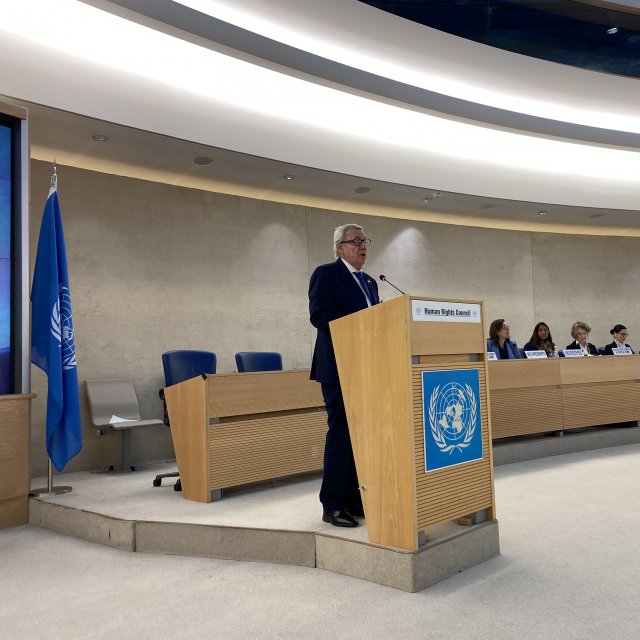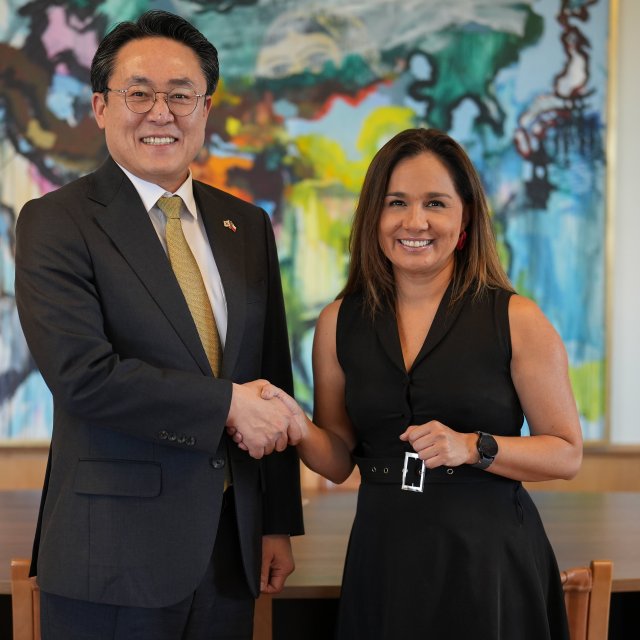 Thursday, February 27th 2025
Undersecretary meets with the Minister of Oceans and Fisheries of the Republic of Korea
Thursday, February 27th 2025
Undersecretary meets with the Minister of Oceans and Fisheries of the Republic of Korea
Canada, Chile and New Zealand sign new global agreement on trade and gender
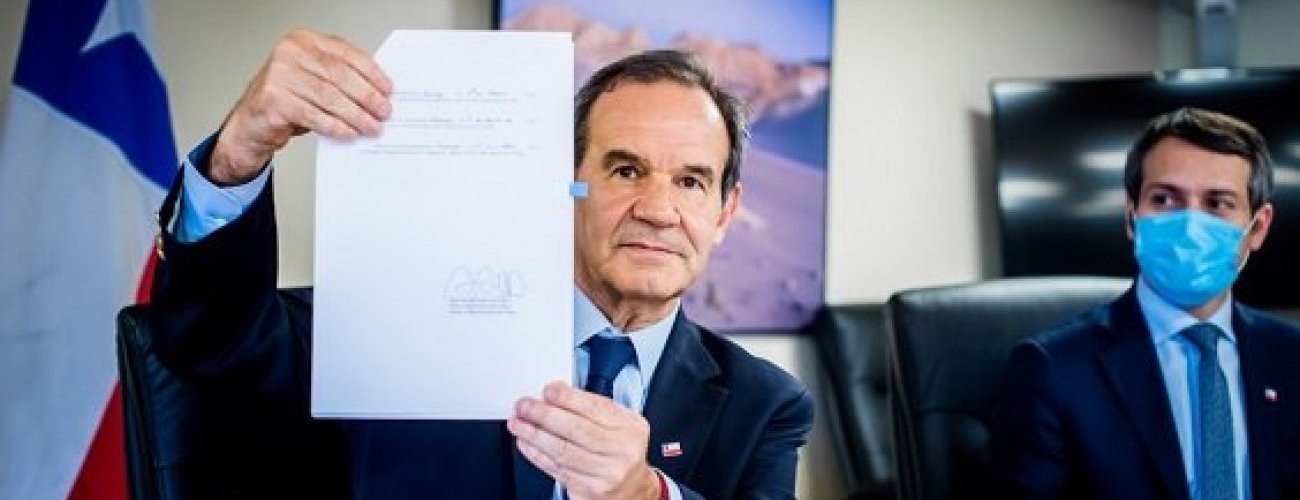
Today, at a ministerial meeting of the Inclusive Trade Action Group (ITAG), trade ministers from Canada, Chile and New Zealand signed the new global agreement on trade and gender. Canada's Minister of Small Business, Export Promotion and International Trade, Mary Ng, hosted the virtual meeting, which was attended by Chile's Minister of Foreign Affairs, Andrés Allamand; Chile's Undersecretary of International Economic Relations, Rodrigo Yáñez; and New Zealand's Minister of Trade and Export Growth, David Parker.
The agreement will promote gender and trade policies that are mutually reinforcing, and will open up new opportunities to increase women's participation in trade, as part of other efforts to improve gender equality and women's economic empowerment.
Canada, Chile and New Zealand are committed to working together to ensure that trade policies are increasingly inclusive and that the benefits of trade and investment are shared more equitably. This commitment is all the more relevant given the common goal of achieving sustainable and inclusive economic recovery in the post-COVID-19 period.
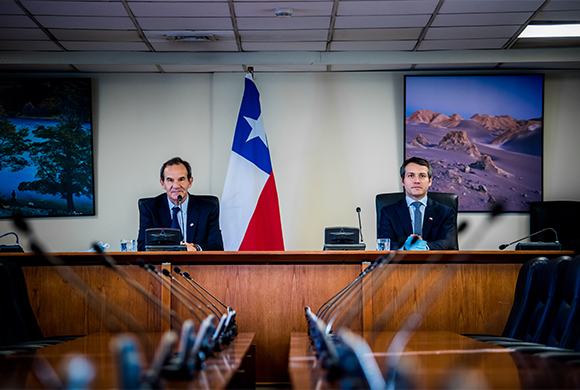
The global agreement on trade and gender recognizes the importance of not weakening or reducing the protection provided in their respective gender equality laws and regulations to promote trade or investment. The agreement also commits the parties to:
- Apply its laws and regulations that promote gender equality and improve women's access to economic opportunities;
- To jointly implement cooperation activities aimed at facilitating women's access to international trade opportunities;
- Not to discriminate on the basis of gender in the services sector, particularly in the granting of licenses and certifications;
- Cooperate and share best practices to eliminate discrimination in employment and occupation, including discrimination on the basis of sex, pregnancy, childbearing, gender and gender identity and sexual orientation
- Encourage companies operating in their territory to adopt principles of gender equality in their internal policies
- Work together in international forums such as the WTO, OECD and APEC to promote trade and gender issues.
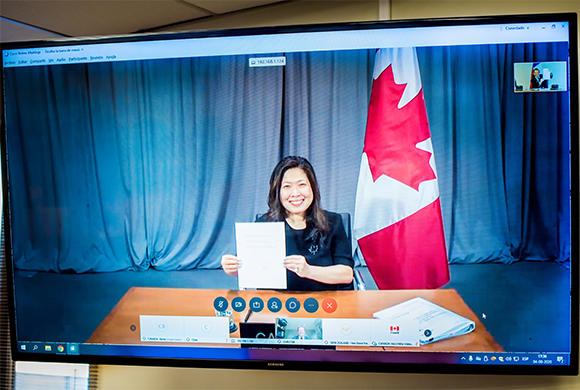
The agreement establishes a Working Group to identify, coordinate, implement and report on activities, in addition to interacting with stakeholders. Three years after its implementation, the Group should review the operation of the agreement in order to potentially consider it becoming a treaty level instrument.
In closing, Ministers invited other economies interested in facilitating women's participation in international trade, in promoting gender equality and women's economic empowerment, to join this independent agreement on trade and gender.
Related articles
 Thursday, February 27th 2025
Undersecretary meets with the Minister of Oceans and Fisheries of the Republic of Korea
Thursday, February 27th 2025
Undersecretary meets with the Minister of Oceans and Fisheries of the Republic of Korea
 Monday, February 24th 2025
Minister van Klaveren reaffirms Chile's commitment to human rights and gender equality
Monday, February 24th 2025
Minister van Klaveren reaffirms Chile's commitment to human rights and gender equality









